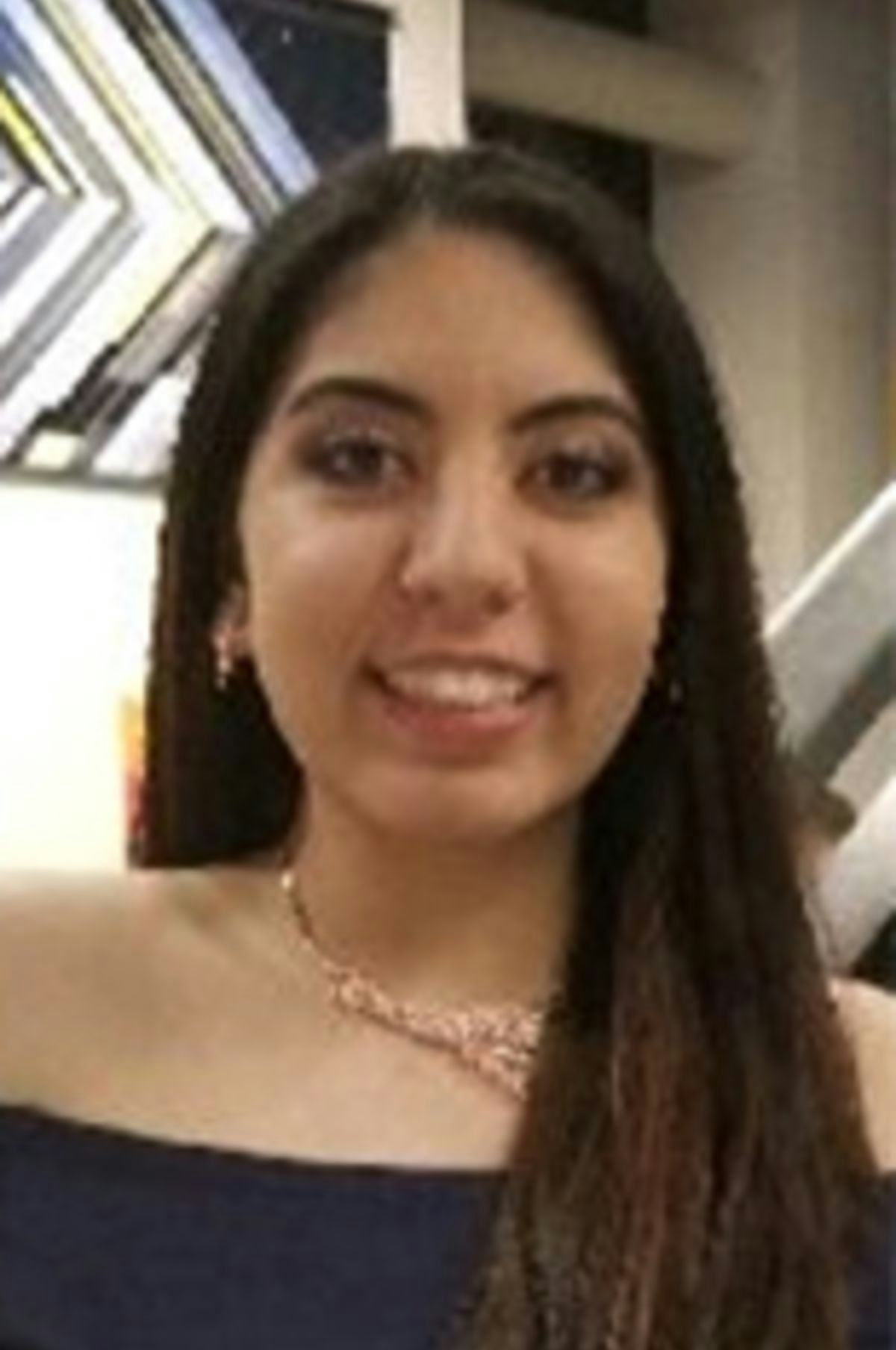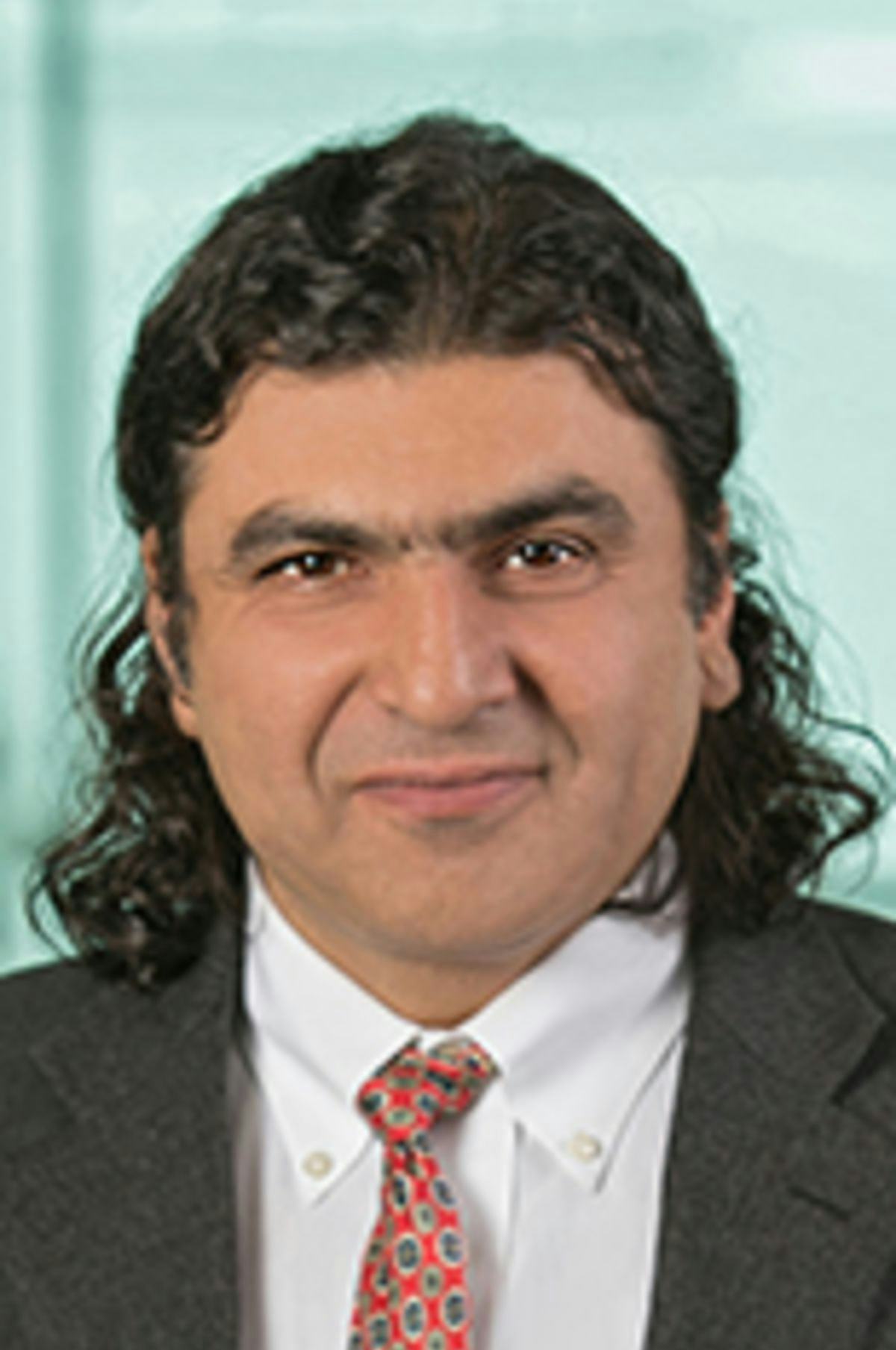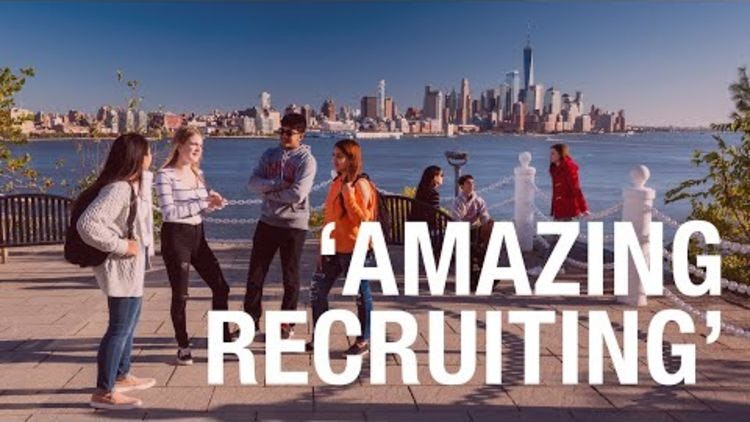Student's Resilience Helped Her Pivot When Pandemic Derailed Job Prospects
Ishani Ashar Didn't Get an Offer After Two Successful Internships. But She Didn't Get Discouraged, Either
For Ishani Ashar, senior year at Stevens Institute of Technology was supposed to be a victory lap.
She finished a paid summer research project as a freshman before completing two internships with Prudential — one in project management, another in analytics — and was looking forward to an extension that would allow her to stay on with the insurance and finance giant after graduating in 2020.
Then came the pandemic, which not only cut short her second internship, it meant she didn’t get an offer to return. But she took the bad news in stride, and is about to start work instead as a platform advisory analyst with Accenture.
“The Stevens Career Center was a big help to me, especially considering I waited until my last semester to go there,” Ashar said. “When I first decided to go to Stevens, one of the things that impressed me on Accepted Students Day was seeing the amount of work the staff put into the event and into making the campus feel like home. That’s been true throughout my time here.”
Accelerated Master's Program advantage
Ashar graduated with the undergraduate Class of 2020 with a Business & Technology major from the School of Business, but she also took advantage of the university’s Accelerated Master’s Program to start graduate classes in Financial Analytics as a senior. She wrapped up that degree in December, and said her graduate coursework was instrumental in getting an offer from Accenture.
“One thing I liked about the Financial Analytics program was how it taught me these important core concepts in data science and analytics, while emphasizing applications in finance,” she said. “My role at Accenture is not a finance job, but I will be using a lot of the skills I learned in the Financial Analytics program and applying them to solve different kinds of problems.”
In fact, the traditional path for Stevens undergrads who go into the Financial Analytics program involves starting in Quantitative Finance. Ashar, who enjoyed working as a tutor as an undergrad, was concerned that she wouldn’t have the financial and computer science depth to thrive in her classes, but got help from the Center for Student Excellence and Prof. Ionut Florescu, director of the program.
“I had multiple meetings with Dr. Florescu,” she said. “He really listened to my interests, took the time to understand what I knew how to do coming into the program — and helped formulate a study plan for me that would benefit me going forward.”
Ashar was easy to work with, Dr. Florescu said, because she was such a diligent student.
“Ishani was interested in gaining data science knowledge in order to further her career aspirations,” he said. “She was a driven student and I expect her to be very successful at work.”
Her graduate work actually took center stage when she interviewed at Accenture, and gave her a chance to talk about how she approached open-ended projects that require broader perspective and critical-thinking ability. Her expanded technical expertise certainly helped, also.
“Stevens professors know that technology is always evolving, and they want you to experiment with different programs and learn new things so you're prepared for that ongoing change throughout your career,” Ashar said.
Experimentation, of course, became a requirement when the COVID-19 pandemic sent all coursework virtual. Like many of her classmates, Ashar said professors got better and made classes more engaging, especially in the fall — but her experience in graduate classes was top notch, “because the program had already been running successfully online for years, and the professors were already used to the online environment,” she said.
Prof. Dan Pirjol’s Market Microstructure class, she said, was a favorite, even online.
“He really cares about making sure you understand the material — not just giving work or quizzes,” Ashar said. “I was in a trading competition with some other students, and he met with us outside of class to discuss what we were doing. He just genuinely wanted to hear our strategy. I really looked forward to his lectures.”
Dr. Pirjol remembered her as a top-performing student “who got perfect grades on her exam and her assignments. On top of that, she worked very well with her teammates on the class project.”
Diverse classmates offer added value
The chance to work with students from diverse backgrounds was another value add to Ashar’s graduate education.
“Stevens attracts students from around the world, who have completely different work and life experiences from you,” she said. “That added so much to my experience. Knowing how to work with people who are older or more experienced than you is important in your career, and that’s something I got in my graduate classes.”
Her time at Stevens didn’t end the way she expected, but Ashar is excited to put what she learned to work.
“In my second internship, I had to use tools I’d never heard of before,” she said. “But Stevens teaches you how to learn and to stay current with technology. Moreso than the actual tools I learned in class, the perspective needed to learn and evaluate new technology has been most helpful for me. I’m ready to bring that to work at Accenture.”
Accelerated Master's Program Career Success School of Business





